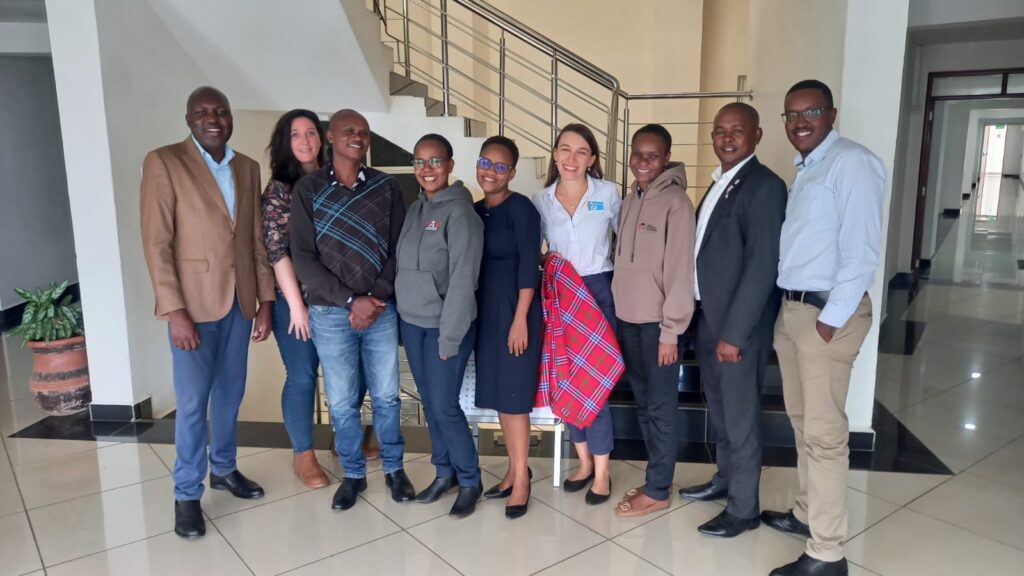
The journey towards establishing a comprehensive legal aid system in Kenya has been long and winding, but due to advocacy efforts by civil society organizations, including ASF’s partner in Kenya, the Legal Resources Foundation Trust (LRF), it culminated in 2016 in the enactment of the Legal Aid Act. This act represented a pivotal moment in the country’s commitment to fulfilling its obligation of providing state-funded legal aid, as outlined in Article 48 of the Constitution.
The recognition that access to justice is a fundamental pillar for economic development and poverty eradication dates back to the National Poverty Eradication Plan from 1999, and was again emphasized in subsequent economic plans. But it was only until the development of the Legal Aid Policy in 2005 that a significant step was taken towards effective access to justice in Kenya. This policy was the result of extensive consultations with civil society and state bodies, and following advocacy efforts of organizations such as LRF with parliamentary groups, this led to the introduction and eventual passing of the Legal Aid bill in 2016.
The judiciary also played a crucial role in advancing the legal aid agenda in Kenya. Landmark cases such as David Njoroge Macharia vs the Republic (2011) and Constitutional Petition number 318 of 2011 highlighted the importance of ensuring access to legal representation for indigent persons facing criminal charges, in line with the provisions of the 2010 Constitution of Kenya.
The Legal Aid Act of 2016 created a comprehensive legal aid regime that aligns with constitutional provisions on fundamental freedoms and access to justice. It established a National Legal Aid Service (NLAS) and recognised the role of paralegals as legal aid providers, which presents opportunities for organizations such as LRF to expand legal aid provision, particularly in areas with high incidences of violence against women and children.
In partnership with ASF, LRF enhances legal aid services among pre-trial detainees through paralegal services, including by sensitizing detainees on the criminal trial process, providing legal advice, facilitating alternative approaches to justice, and conducting advocacy initiatives. In 2023, LRF reached over 24,000 prisoners across multiple prisons, resulting in favorable outcomes for many of them, including lenient fines, the withdrawal of cases, and successful appeals.
Through radio talk shows, LRF conducted numerous legal sensitization programs benefiting thousands of individuals, demonstrating a commitment to expanding access to legal education and information.



